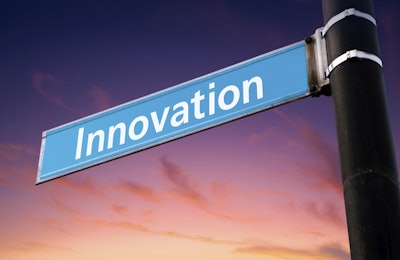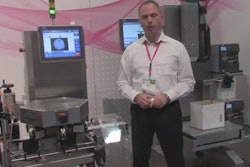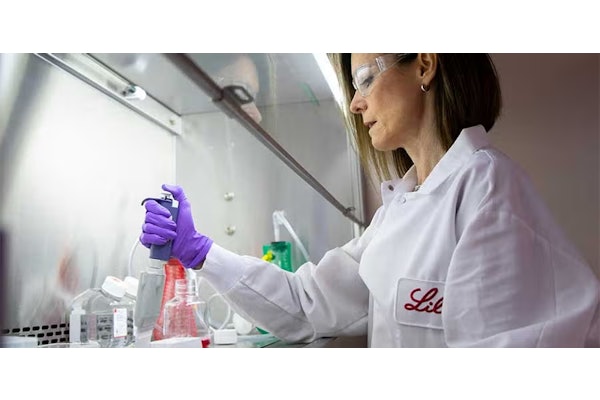
Editor's Note: This story was written live from the IQPC Boston conference.
Ask Kevin O'Donnell about the future of the cold chain and logistics industry and he will tell you, "it's pretty exciting."
"This is a great time to be in this industry," said O'Donnell, who has 37 years of related experience, and currently serves as Vice President Cold Chain Standards, Practices and Compliance at BioLife Solutions, Inc. "We are in the presence of not just a lot of great growth in current medicines, but also new technologies."
It is that new technology and medical advancements that will be driving temperature-sensitive advancements. Specifically, he explained, are regenerative medicine, cell therapy, gene therapy, personalized medicine, and bio banking/reposition.
O'Donnell's comments came during his opening remarks at the 13th Cold Chain GDP & Temperature Management Logistics Global Forum in Boston, where he also served as the conference chair.
As these advancements take place, regulations will have to adapt.
Mary Foster, Chair, Packaging and Storage Expert Committee for the United States Pharmacopeia, is already working on those changes.
"We really are starting to think the best practice for us is to look at materials," she explained. "How do we help move product around the world and support them to know how to build that package to ship? Our goal is to provide the USP end user a practical guide on distribution practices and materials of construction for packaging to distribute."
One thing she stressed, which was echoed by many at the conference, was that it's not just about medicines that need to stay cold.
"This applies to all drug products, because all drugs have temperature requirements," she said.
To that end, the group is planning to tackle biologic specific issues, distribution shipping materials, and to create one common GDP document.
When it comes to biologics, the committee is specifically looking at supply chain metrics, stability budget process, agitation and drops, as well as freeze/thaw cycles.
Another popular theme was sustainability, and being eco-friendly. Many companies, like CardinalHealth, and Sanofi, have been working on various initiatives to lessen their carbon footprint—something that has been notoriously difficult in the healthcare industry.





















